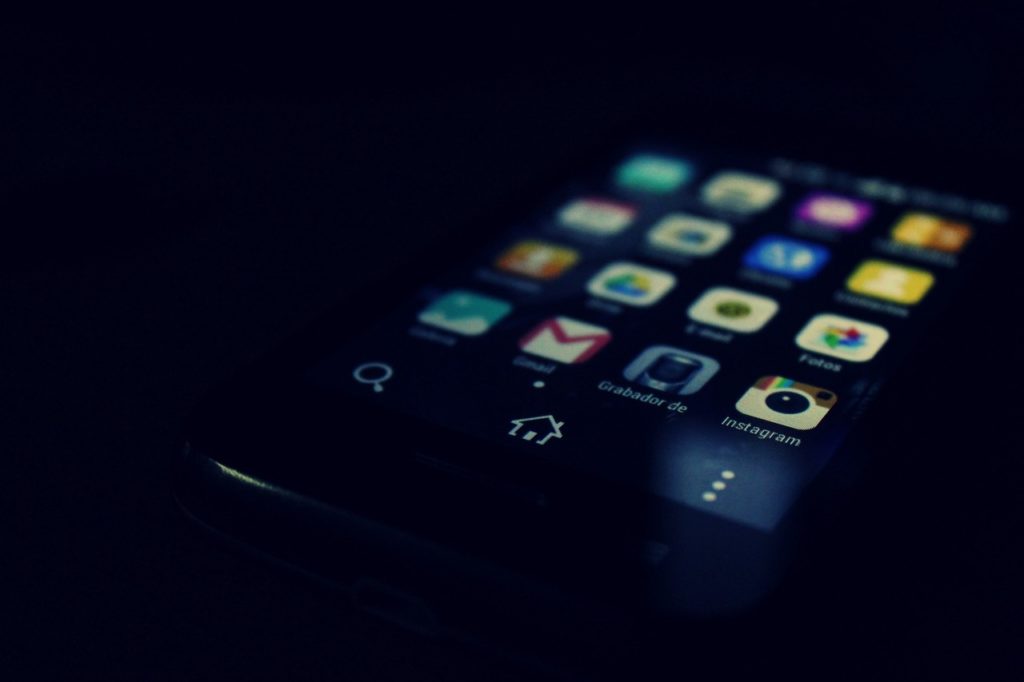Even if you’ve been careful about following recommended security measures for your smartphone—such as avoiding public Wi-Fi networks or only downloading apps from trusted sources—there is unfortunately still a chance that hackers might slip through your phone’s defenses. If this happens, it’s important to take action immediately to limit the extent of any damage.
But here is where many smartphone users run into problems: how do you actually know if your phone has been hacked? The first step is to be able to recognize some of the most common warning signs. Following are 10 clues that could signal that something suspicious is happening, particularly if you start to notice them soon after you have performed an action such as clicking on an unrecognized link, downloading an app from an unverified third-party source, or opening a questionable attachment.
-
Slower running speed
If there is malware running in the background on your phone, that could cause legitimate apps to run more slowly than usual, and it can also cause delays in your device’s network connection. However, it’s important to keep in mind that if your phone’s storage capacity is nearly or completely full, this will also have an impact on its speed. Thus, the warning signs are of the most concern if you still have plenty of storage space available, or if it feels like the running speed suddenly changed for no clear reason.

-
Shorter battery life
Along with a slower running speed, a shorter battery life could indicate the presence of malware on your phone. Since malware is constantly running in the background—monitoring and capturing your activity and transmitting that information to third parties—it uses a considerable amount of battery power. Thus, a battery that drains much more quickly than it used to warrants further investigation.
-
Strange texts or e-mails
If your contacts have been receiving messages from your number or e-mail account that you don’t recognize, it’s likely that your phone fell victim to a security breach. It’s a fairly common trick to use hacked phones to send spam texts. In order to guard against this, you should make sure that you’re checking your phone bill regularly and keeping track of any texts that aren’t familiar or that you don’t remember sending (this is especially important if your plan doesn’t include unlimited texts. Otherwise, you’ll end up paying for spam messages).
-
New apps that you didn’t install
While the manufacturer of your device or your service provider can legitimately install apps on your phone occasionally, usually in connection with an update to your operating system, it’s still a good idea to check up on any new apps that you didn’t install yourself. A quick Internet search of reliable tech sites will let you know if an unrecognized app is associated with any suspicious activity.
-
Apps that stop working
Malware often interferes with the functionality of your apps. If any apps that you used to use without any problem suddenly stop working properly, a hacked phone could be the reason.

-
Websites have a different appearance
Some forms of malware act as a “proxy” on your smartphone. That is, they sit between your phone’s browser and the Internet, and they read all the communications that passes between them. Even though information is still being relayed, the fact that it is passing through one more steps than usual (the malware) before you see it can have an impact on how some sites appear, so you should watch out for familiar websites that suddenly look different.
-
Pop-ups start appearing on your device
Pop-up windows that instruct you to perform a particular action are a fairly well-known malware feature on desktop computers. However, they can affect mobile devices such as smartphones, as well. If pop-ups begin appearing on your smartphone, the likely culprit is malware.
-
Sent e-mails are blocked by spam filters
Are you finding that e-mails that you send from your smartphone are being rejected by recipients’ accounts as spam? This could mean that your phone has been hacked to change your e-mail configuration and that your messages are now being transmitted by an unauthorized, third-party server that allows hackers to read your communications.
-
Your device tries to access blocked sites
Many corporate networks block access to sites or domains known to be problematic, particularly at companies that allow employees to bring and use their own devices at work. Any attempts by your smartphone to access these sites without your knowledge is often a sign that your device is infected.

-
Unusual service disruptions
Service disruptions, such as unexplained dropped calls, strange background noises during calls, and the inability to make calls even when signal strength is strong are usually due to technical issues. However, they can also mean that your phone has been breached, particularly if these disruptions start occurring after you performed an action that you’re not sure about. Check with your service provider to see if they’ve been experiencing technical issues. If not, a hacker could be to blame for the disruptions.

